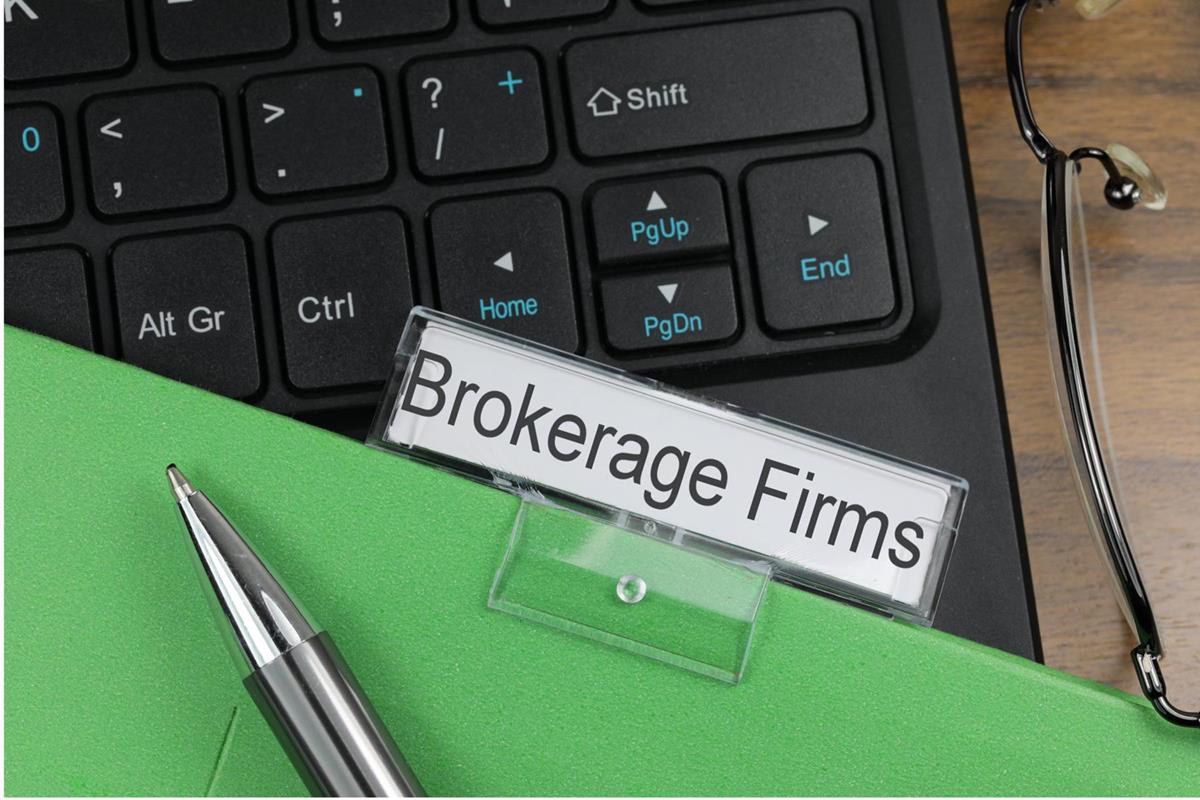Proprietary trading firms, known as prop firms, provide traders with the capital and resources needed to trade various financial instruments. In this article, we will explore some of the best prop trading firms in 2023 and discuss factors to consider when evaluating these firms for your trading journey.
Choosing the right firm can make all the difference in your success as a trader. Factors such as track record, available financial instruments, support, and risk management practices should be considered before making a decision. Let’s dive into the world of prop trading and discover the top firms that are shaping the market in 2023.
Factors to Consider When Evaluating Prop Firms for Trading
Choosing the right prop firm for trading requires careful consideration of key factors. Reputation and track record, available assets and trading opportunities, proprietary trading fees and costs, risk management policies, technology and trading platforms, as well as training and support are crucial aspects to evaluate.
By assessing these factors, you can make an informed decision that aligns with your goals and maximizes your potential for success in prop trading.
Reputation and Track Record of the Firm
The reputation of a prop firm is crucial when choosing a trading partner. Look for firms with a proven track record of success and industry recognition. Positive reviews from experienced traders are indicators of credibility and reliability. Evaluate a firm’s reputation through online discussions, industry rankings, and publications.
By selecting a reputable prop firm, you align yourself with professionals who have demonstrated expertise in navigating financial markets, increasing your chances of success.
Available assets and trading opportunities
The range of assets available for proprietary trading is crucial to consider. Different asset classes offer varying volatility, liquidity, and potential returns. A good prop firm should provide access to diverse tradable assets like stocks, options, futures, currencies, and commodities.
This ensures ample opportunities to diversify your portfolio and capitalize on different market conditions. By having a wide range of assets at your disposal, you can effectively manage risk and maximize profits while aligning with your investment strategy.
Proprietary Trading Fees and Costs
Understanding the fee structure of a prop trading firm is vital before committing to their services. Some firms charge commission-based fees per trade, while others have profit-sharing arrangements. Evaluate these fees in relation to potential returns and support provided by the firm.
Look for firms with fair and transparent fee structures that align with your trading strategy.
| Fee Structure | Description |
|---|---|
| Commission-based | Charged per trade executed through the firm’s platform. |
| Profit-sharing | A portion of profits generated from successful trades is shared between the trader and the firm. |
| Transparency | Firms should provide a clear breakdown of all associated costs upfront. |
Discussion on why reputation matters in the industry
In proprietary trading, a firm’s reputation is of utmost importance. It reflects their integrity, professionalism, and ability to consistently deliver results. Traders rely on a firm’s reputation to assess risk management, compliance with regulations, and ethical practices.
Partnering with a reputable prop trading firm provides peace of mind knowing your capital is in capable hands. A strong reputation indicates trustworthiness and a commitment to excellence in the industry. It also opens doors to growth opportunities and valuable connections within the market.
Overall, reputation plays a vital role in choosing the right prop trading firm for successful trading endeavors.
Examples of well-known firms with strong reputations
When it comes to prop trading, there are several well-known firms that have built strong reputations within the industry. These firms have distinguished themselves through their exceptional track records, innovative strategies, and commitment to traders’ success.
One such firm is Jane Street Capital, renowned for its expertise in options trading and quantitative strategies. With years of experience under its belt, Jane Street Capital has established itself as a leader in the field.
Traders value the firm’s deep understanding of market dynamics and its ability to navigate complex financial instruments with precision. Jane Street Capital’s reputation for excellence has made it a go-to choice for many traders seeking reliable and knowledgeable partners.
Another reputable firm worth mentioning is SIG (Susquehanna International Group). Known for its cutting-edge approach to market-making and electronic trading, SIG has consistently pushed boundaries within the industry.
Through continuous innovation and technological advancements, SIG has been able to stay ahead of the curve and deliver exceptional results. Traders who partner with SIG appreciate the firm’s adaptability and willingness to embrace new strategies that maximize profitability.
These examples demonstrate that reputation plays a crucial role when choosing a prop trading firm. Traders need assurance that they are working with a reliable partner who can help them achieve their financial goals.
Firms like Jane Street Capital and SIG have cemented their reputations by consistently delivering superior performance and putting their clients’ interests first.
In summary, when exploring proprietary trading opportunities, it is essential to consider firms with strong reputations in the industry. The impressive track records of firms like Jane Street Capital and SIG showcase their commitment to excellence, innovation, and client success.
Traders looking for reliable partners should prioritize these well-established firms as they navigate the dynamic world of prop trading.
Overview of Different Asset Classes Available for Trading
In proprietary trading, traders have access to a wide range of asset classes suitable for various strategies and risk appetites. These include:
- Stocks: Ownership in companies, allowing participation in their growth.
- Options: Flexible risk management tools that provide the right to buy or sell assets.
- Futures Contracts: Speculation on price movements without owning the underlying asset.
- Currencies: Opportunities based on exchange rate fluctuations.
- Commodities: Influence by supply and demand dynamics.
Each asset class requires specific knowledge and expertise. Traders analyze market trends, economic indicators, and global events to make informed decisions. Diversifying across these asset classes can enhance trading success while managing risks effectively.
[lyte id=’GLjQwPnL1fk’]






